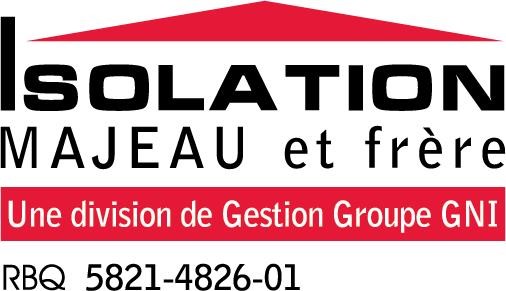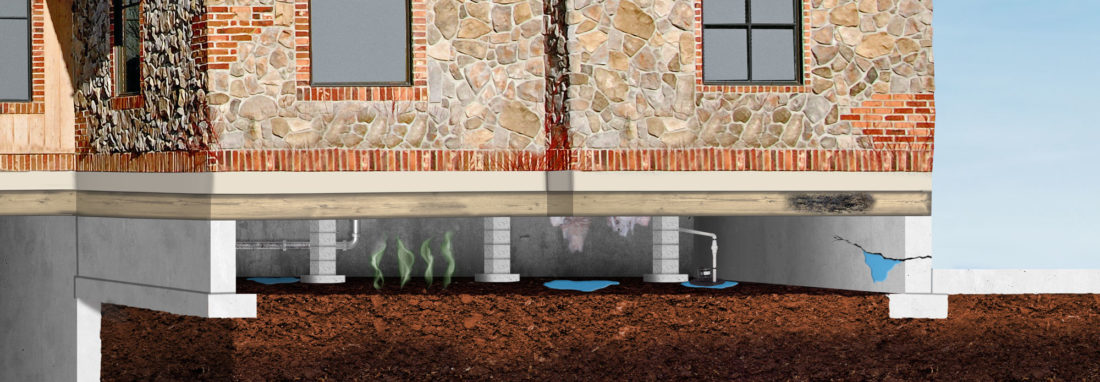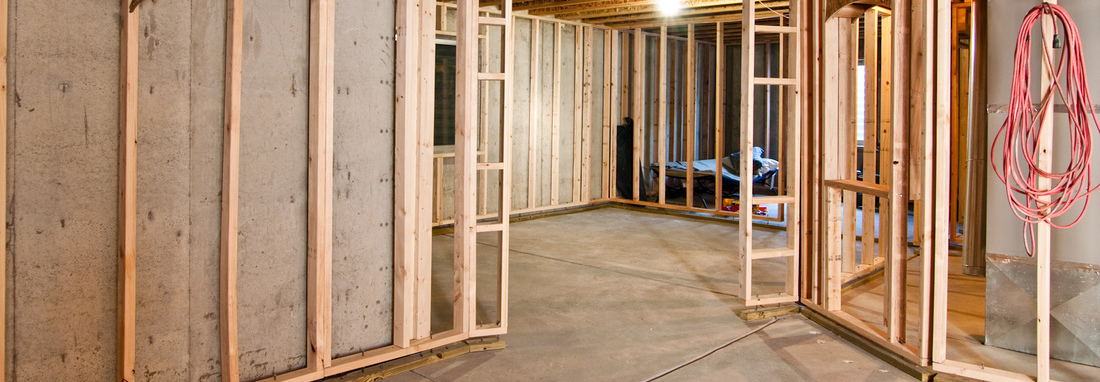Home Insulation
You’ve dreamed of having a new home of your own for a long time, and now here you are, looking at the building plans!
Of course, you want your home to be comfortable – warm in the winter, cool in the summer.
Warm or cool, however, means energy costs, and energy is a precious resource: It should be used as efficiently as possible!
This is where effective insulation comes into play.
Read what SCHL think about insulation !
For optimal comfort and results, you should allocate between 3% and 5% of your construction’s budget to insulation.
Over the years, a well-planned insulation project proves to be an excellent investment!
Moreover, this is a very special investment: it offers not one, not two, but three types of benefits:
- Immediate comfort
- Long-term savings
- Better long-term health protection*
(*Thanks to better air quality.)
Old urban legends would tell us that insulation is a mere ritual, devoid of true meaning. Like many legends, this idea does not stand up to the facts: the “science of insulation” has undergone many developments and improvements over the last few decades.
On the contrary, botched or ill-planned insulation is environmentally unfriendly (due to wasted energy), and it creates constant discomfort, not to mention major heating and air conditioning costs.
The day when someone decides it’s time to remedy the situation, they’ll be looking at a major expense – it’s always more expensive to redo things than to do them right from the start!
Finally, new standards were implemented in 2012.
The building envelope of your house, with its insulation, sealing and ventilation, forms a system – all of its parts are interconnected.
The basic principle of insulation is easy to summarize (but a little more difficult to apply): in order to protect your house’s structure against infiltration, you must make sure that there are no air leakages.
In other words, each component is important!
Achieving your desired comfort therefore involves careful planning and design. Bear in mind: you don’t get a second chance to start from scratch!
You will have important decisions to make, particularly in terms of:
- The choice of insulation materials
- How these materials are installed
Your decisions will have long-term and direct impacts on:
- Your health
- Your comfort
- Heating and air conditioning costs
We recommend installing two types of insulation material:
- Urethane or sprayed polyurethane foam for:
- End joists
- Foundation walls
- Basement slabs
- Hard-to-reach corners
- Cellulose for:
- Thermal insulation of roofs
- Acoustic insulation of ceilings, and walls, if necessary
Below is a typical insulation program that could be of valuable help if you have specific goals in terms of comfort, health, and cost effectiveness.
- End joists: urethane, 3.5 in
- Foundation walls: urethane, 2.5 in
- Basement slabs: urethane, 2.0 in (includes radon protection)
- Air barrier
- Batt insulation
- Vapour barrier
- Acoustic sealant
- sprayed polyurethane foam (ground floor end joists)
- Blown cellulose
Contact us for more efficient options
Before starting any renovation project, it’s a good idea to determine your goals in terms of comfort, health and cost effectiveness.
We all know the telltale signs of insulation deficiencies:
- Cold walls or floors
- Drafts
- Expensive heating bills
- Condensation on the walls or windows
- Icicles hanging from the roof
According to the SCHL, air leaks are most often located near the ceiling and end joists.
All together, the air leaks in a house can amount to having a 10″ x 10″ hole in an outdoor wall!
Of course, the result is an uncomfortable environment which, in the long-term, may lead to more serious problems. This is particularly due to humidity, which has a tendency to build up inside the walls and cause mould.
There are tests to measure the level of mould, air infiltration and humidity.
Infiltrometry tests are part and parcel of a professional energy efficiency evaluation. Conducted with specialized equipment, it measures the air leakage of your house. Even if this test is not required under the new RBQ standards, it is highly recommended.
As a rule of thumb, air leakage should not exceed 2.5 air changes per hour.
Take note that there are subsidies for renovations in Québec.
Also see: wall insulation, basement insulation, attic & roof insulation, floor & ceiling insulation and urethane & polyurethane foam insulation





